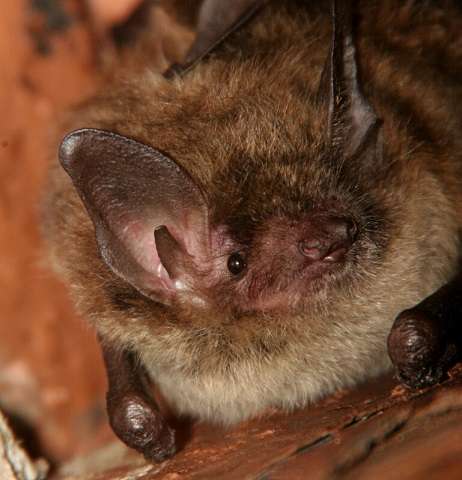Fitness
Rabid bat bites Stratford resident – CKNX News Today

A person bitten by a bat in Stratford is undergoing rabies post-exposure treatment after the bat tested positive for the rabies virus.
This is the first bat to test positive in Huron-Perth this year.
Huron Perth Public health is urging people to take precautions to prevent exposure, and to call public health if there has been contact with a bat.
“If you are bitten or scratched by a bat, or if infectious material (such as saliva) from a bat gets into your eyes, nose, or a wound, wash the affected area thoroughly and seek immediate medical attention,” said Public Health Inspector Patrick Landry. “If you awaken to find a bat in your room, a child’s room, or the room of another household member, call HPPH.”
Overall, one to three per cent of Ontario’s bat population is infected with rabies, which is a viral disease that is fatal to humans
If an exposure occurs, and the bat is available, public health will test the animal.
All cats, dogs, and ferrets over three months of age are required to be vaccinated for rabies in Ontario.
People should not feed or touch wild, stray, or unknown animals, and should avoid animals that appear sick or are acting strange.
Never trap wild animals or keep them as pets, and do not leave food out.
Residents can also bat proof homes and cottages by ensuring doors are tightly closed when going outside and coming back indoors. It’s a good idea to tighten screens, cap the chimney, place draft guards under doors leading to the attic and outside, and fill plumbing fixture holes with steel wool or caulk. In fact, homeowners should caulk holes in the exterior, even those as small as one-quarter to one-half inch in diameter.
Bats remain active until cooler weather arrives. They generally begin to hibernate around November.


)






